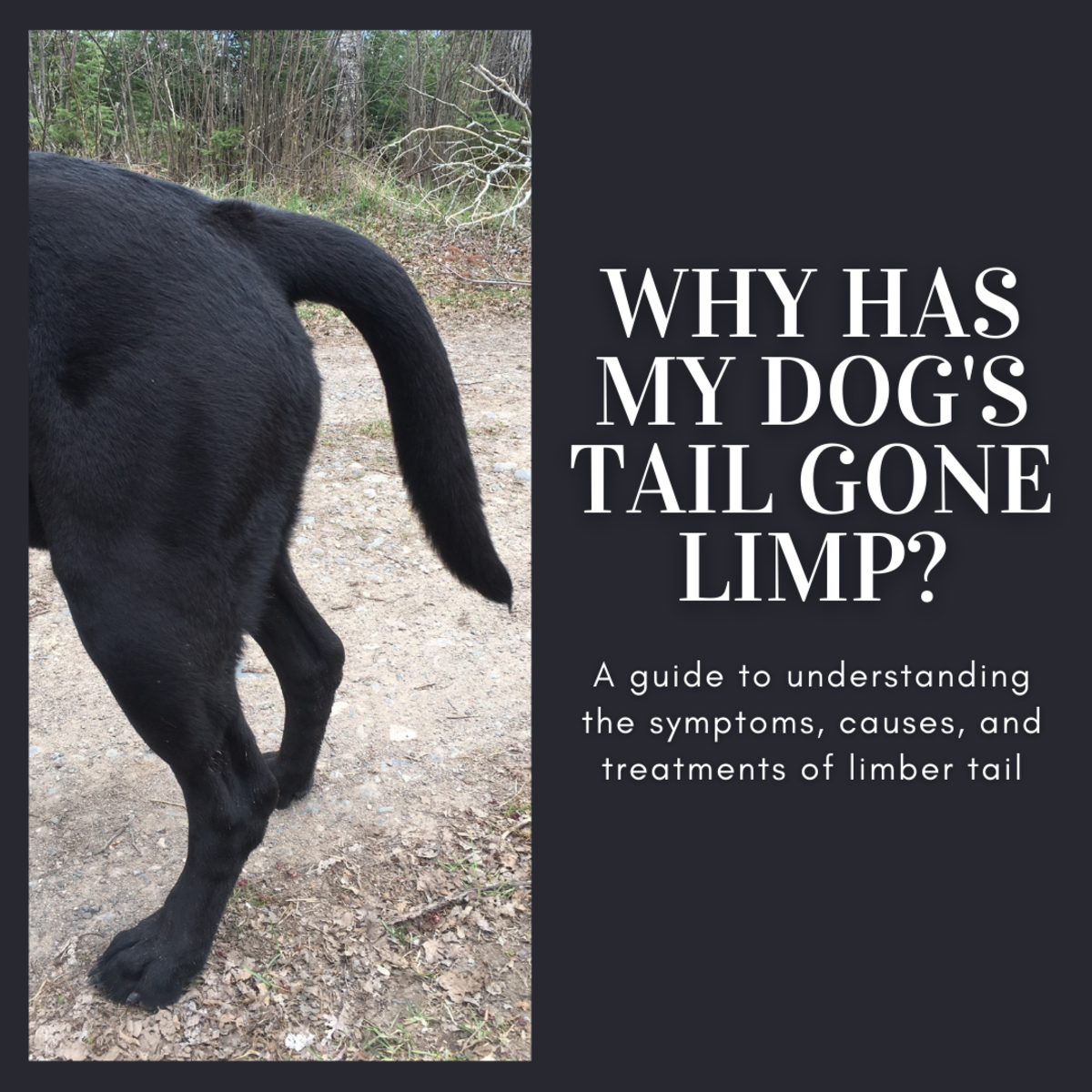CDC Stand on Dog Bite Statistics
The CDC study on dog bites has been quoted, misquoted, cited, misread, and misunderstood on a regular basis by politicians, the public, attorneys, and the media. Very few people bother to actually read the report in its entirety or are truly willing to acknowledge the severe limitations and flawed means that were used to gather the information that was presented in the study.
So given that, how do you think that the CDC feels about the dog bite statistics and reports that are floating around, when they feel that most of them are semi-based on their own, which they clearly state are flawed?
Well, for the most part, you'll find that they find their conclusions are inaccurate in regards to dog behaviors, in regards to using newspaper articles as "evidence" or "predictors" for the nature and behavior of all other dogs in the U.S. They'll even tell you that the statistics that are currently available for the public in regards to breeds that are prone to biting and attacking humans and other animals is highly flawed and variable. When you only test a small portion of dogs from a particular breed, you just can't estimate the approximate bites caused by that breed in a given year.

The most critical flaw in the CDC's study of dog attacks was the attempt to isolate one factor in all attacks- the dog breed- but it was impossible to verify. Of all the more tangible circumstances surrounding a dog attack the CDC chose, for unknown reasons, the most problematic and least reliable aspect to base their study on- the dog's breed. They could have easily studied the sex of the dog, reproductive status of the dog, location, relationship of the dog to victim, age of the dog, etc.
Without having any legitimate way to identify or verify breeds of dogs, and while knowing that mixed breed dogs make up a significant portion of the dog population in the U.S., the CDC still opted to search for and attempt to acquire any breed information in dog attacks.
Since there was, and still is, no national recording system that keeps track of the events that surround dog bites, the CDC scanned newspaper articles for any breed identification in cases of fatal dog attacks.
In addition to using newspaper articles, the CDC excluded nearly 1/4 of the small sample population (n=320) because the source either failed to report the incident altogether or reported the incident by failed to "identify" the breed.
However, like other studies, the CDC recognized the flaws in the study and clearly states that there is NO CONCLUSION on breed behaviors in relation to the data that was drawn. The scanned newspaper articles just weren't, and still aren't accurate enough to provide substantial evidence that a dog's breed is the root cause to a bite or attack.
The CDC No longer keeps track of dog bite fatalities by breed and has posted the following statement on their website:
A CDC study on fatal dog bites lists the breeds involved in fatal attacks over 20 years (Breeds of dogs involved in fatal human attacks in the United States between 1979 and 1998). It does not identify specific breeds that are most likely to bite or kill, and thus is not appropriate for policy-making decisions related to the topic.
So according to the CDC of the 4.7 million Americans who are bitten by dogs- bites ranging from mere scratches to fatal attacks- there are only about 16 fatalities, which is about 0.0002 percent of the total number of people who are bitten. In reality, the CDC feels that because the number of people killed by dog bites is relatively minuscule, there's just no way that anyone can accurately identify the number of dogs of any particular breed that is more likely to bite and kill.
The CDC is more concerned with dog bite prevention via education versus eliminating a particular breed.
- Good Dogs - ABPT
Not all statistics are even close to reputable. When learning about Pit Bull Terriers, it's important to research with an unbiased tone.

Summarized from the "Dog Bite Statistics: Science or Junk Science?" by Karen Delise from the
American Pit Bull Terrier Gazette; Volume 33, Issue 1; Fall 2008








